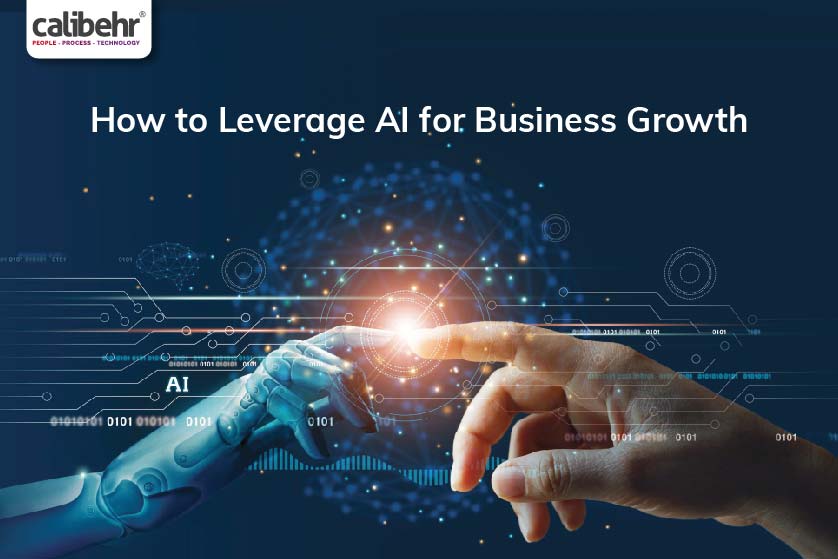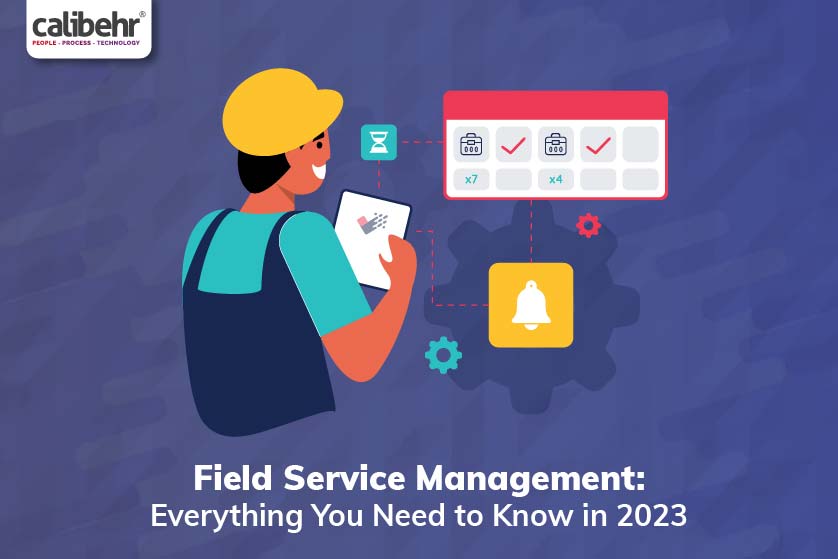Computers in the 1990s revolutionized business by streamlining processes and improving efficiency across different industry sectors. Today, Artificial Intelligence (AI) is poised to bring about a similar transformation if it isn’t already. This blog explores what AI is, its impact on productivity, how it is currently being utilized, adoption rates and benefits reported by businesses worldwide.
What is AI?
Artificial Intelligence (AI) can be understood as the technology that is capable of simulating human intelligence. In simple words, AI can think and learn like us, humans. AI encompasses a wide range of technologies, including machine learning, natural language processing, and robotics, which enable machines to perform tasks that typically require human intelligence.
Tech Giants Investing in AI
Tech giants are investing billions in AI development, indicating their confidence in its transformative potential. Meta is predicted to spend $10 billion, Google $12 billion, and Microsoft has already spent $14 billion, with plans for further increases. These substantial investments highlight the belief that AI will play a critical role in future technological advancements and business operations.
AI Adoption among Businesses
AI adoption is rapidly increasing among businesses. According to a report released by Canva, 9 out of 10 Indian business leaders are utilizing AI.
Similarly, a McKinsey Global Survey reported that 65% of respondents are using AI in their organizations, doubling the adoption rate from a survey conducted ten months prior. The professional services sector has seen the most significant increase in AI adoption, with businesses using AI in at least one business function.
McKinsey's latest survey indicates that companies are observing cost reductions in human resources and meaningful revenue increases in supply chain management, inventory management, and marketing and sales. These benefits are achieved through the use of off-the-shelf AI solutions, customized models, and developing AI from scratch.
AI and Productivity
One of the primary questions surrounding AI is whether it genuinely enhances business productivity and efficiency. While some economists and experts argue that AI is still in its infancy and has not yet significantly penetrated business processes, others believe that AI-driven productivity gains will become evident in this decade.
Here are some examples of AI helping business functions:
Customer Management
For example, in contact centers, AI assists less experienced professionals, highlighting the potential for a human-tech partnership to drive growth. AI tools are used to connect human resources with employees, answering queries about insurance and leave policies, and automating mundane tasks like writing job descriptions. This allows employees to focus on more impactful work, thus enhancing productivity.
A study by the Stanford Digital Economy Lab and the Massachusetts Institute of Technology found that generative AI deployed at scale in customer service increased agent productivity by 14%, particularly benefiting less experienced workers. Additionally, AI assistance improved customer interactions by helping agents respond more empathetically to frustrated customers, resulting in more positive customer treatment.
Recruitment
Application Tracking System (ATS) streamlines complete recruitment functions, taking care of job posts in the online sites and portals, application screening, candidate tracking, interview scheduling, analytics and reporting. It has become the go-to tool for hiring managers who handle staffing and recruitment for large organizations.
Sales & Marketing
How does AI help the sales and marketing teams of your companies? Some of the use cases of AI in this field include forecasting; predicting which deals or prospects are more likely to close, whom to target when and new types of customers who will be interested in doing business.
In the context of marketing, AI is helping companies connect with customers in multiple ways consistently. Crafting effective emails, developing specific communication strategies and delivering consistent messaging across mediums are turning out to be quite helpful for marketers.
The Importance of Strategic Alliances
Strategic alliances are crucial for maximizing the potential of AI. By partnering with AI developers and technology providers, businesses can leverage cutting-edge technologies to enhance their operations. Collaborations can also facilitate knowledge sharing and innovation, driving the development of more advanced AI applications.
AI has the potential to revolutionize business operations, much like computers did in the 1990s. While some experts are skeptical about the immediate impact of AI on productivity, evidence suggests that AI can enhance efficiency, particularly in specific sectors like customer management and human resources. Significant investments by tech giants and the increasing adoption of AI by businesses worldwide underscore its transformative potential. As AI continues to evolve, strategic alliances will play a critical role in harnessing its capabilities to drive growth and innovation.
Calibehr is a leading business solutions provider company with 15+ years of experience and PAN-India clients. We offer technology solutions such as Machine Learning (ML), Artificial Intelligence (AI), Data Analytics and much more. If you are looking to embrace digital transformation of your business, contact us today.








